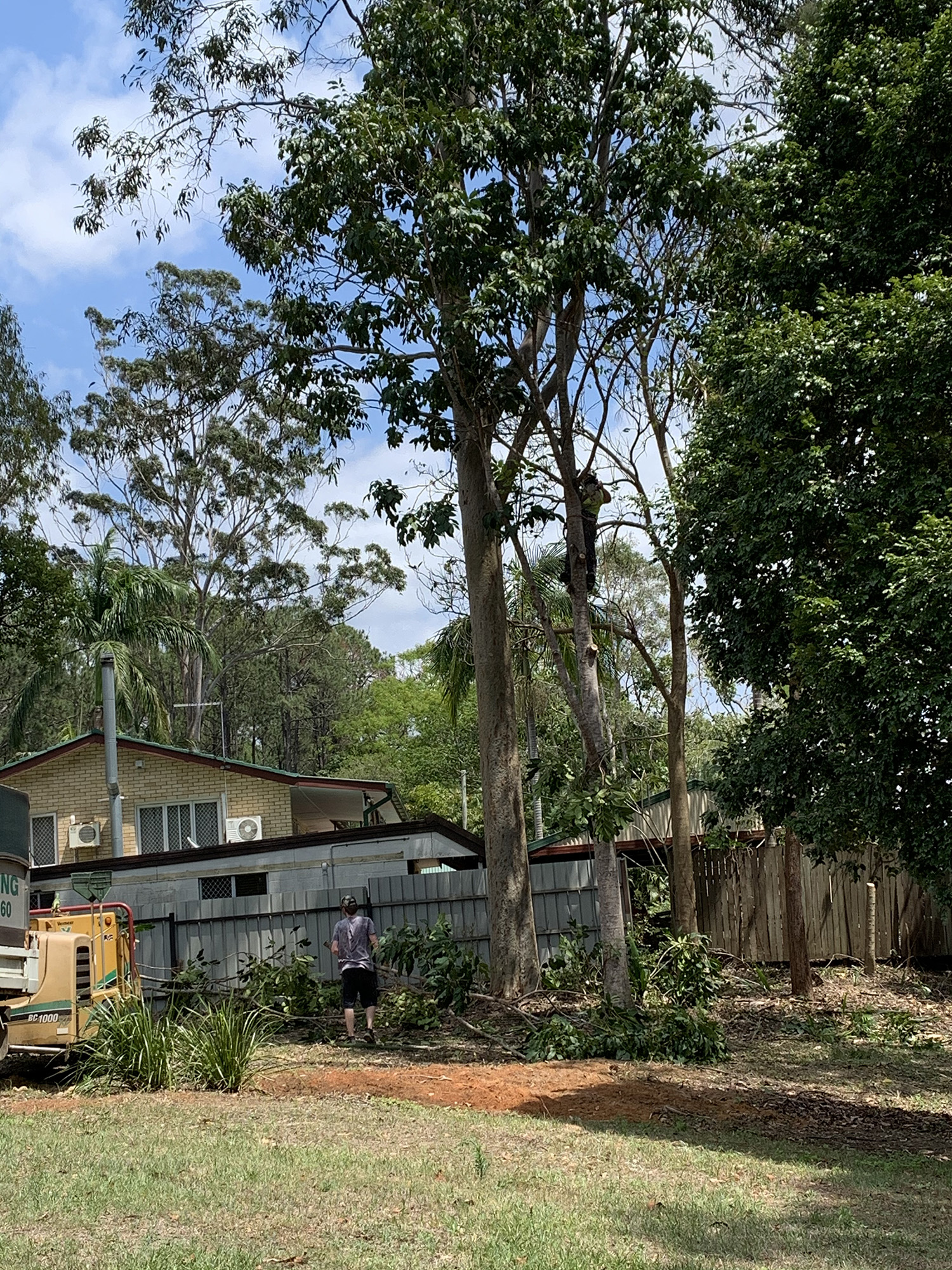Australian Native Bees Facts
Native Bees Facts
By Guest Blogger
Did you know that Australia has over 1,700 species of native bees? And bees are vital to the environment as they are pollinators! Australian native bees contribute to agricultural production through the pollination of crop plants and it’s estimated that a third of the world’s food production depends on bees. Also, bees are the sole producers of honey which is an excellent food source and used for medicinal purposes.
Trees that Kill Our Native Bees
However there are trees that are toxic to our bee population. For example, did you know that the pretty African tulip tree is wiping out native bees? So while the tree might look pretty, it’s actually causing a decline in our bee population. The pollen of the African Tulip Tree is toxic to native bees and entire colonies of bees are being wiped out. So, if you have an African Tulip Tree in your yard, go and have a look inside the flowers. Chances are, there will be dead bees inside the pretty, yet toxic flower. If we continue to kill our bees, how will our vegetation continue to regenerate?
Hazardous Trees
As well as being extremely harmful to native stingless bees, the African Tulip Tree can be safety hazard, particularly when these trees are planted along footpaths or walking tracks. The flowers and their pods create a slippery hazard and many people have fallen as a result of slipping on these flowers. Here are the boys hard at work removing an 20 metre tall African Tulip Tree from a clients’ yard.

About The African Tulip Tree
The African Tulip tree grows up to 20 metres high. The tree has spectacular flowers and commonly found in tropical and sub-tropical areas. The tree has brilliant flame-scarlet bell-shaped blooms when in flower. Unfortunately the population of the African Tulip Tree has spread throughout Australia and has become commonplace in our environment. If you would like your tree removed, get in touch here.
Legal requirements
- African tulip tree is a restricted invasive plant under the Biosecurity Act 2014.
- Do not give away, sell, or release the trees into the environment without a permit.
- The Act requires everyone to take all reasonable and practical steps to minimise the risks associated with invasive plants and animals under their control.
- Contact your local government for more information.
Get In Touch
For all your tree lopping and mulching needs, please send us an email here and Brisbane Mulching Service will get back to you shortly.
If you’d prefer to talk in person, please give John a call on 0407 174 560